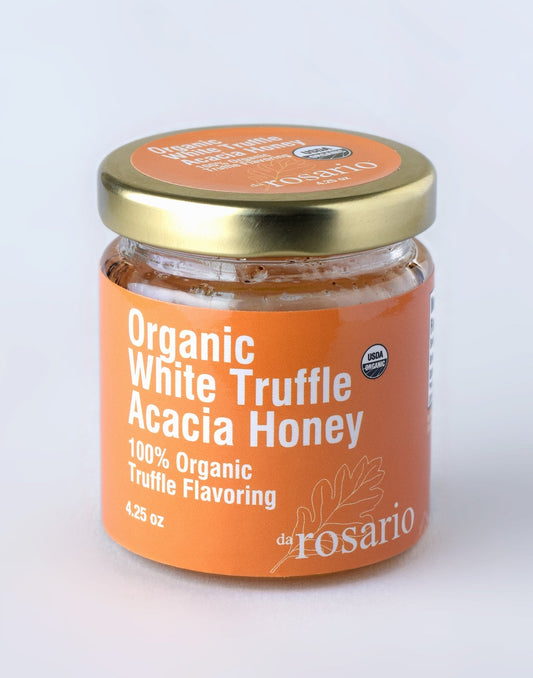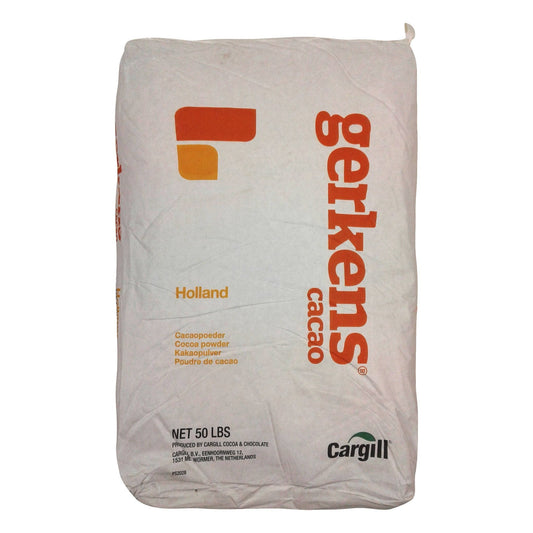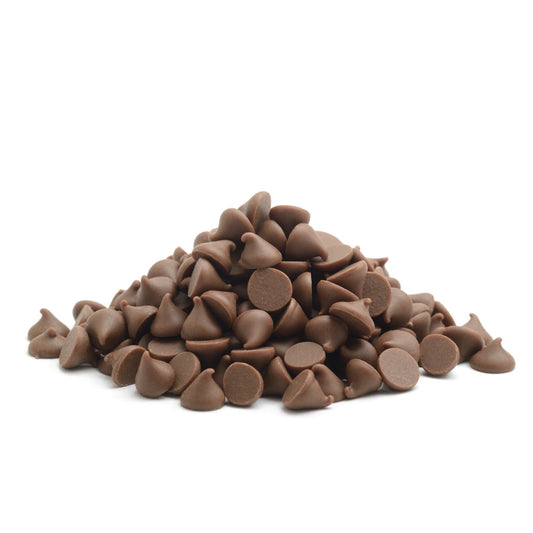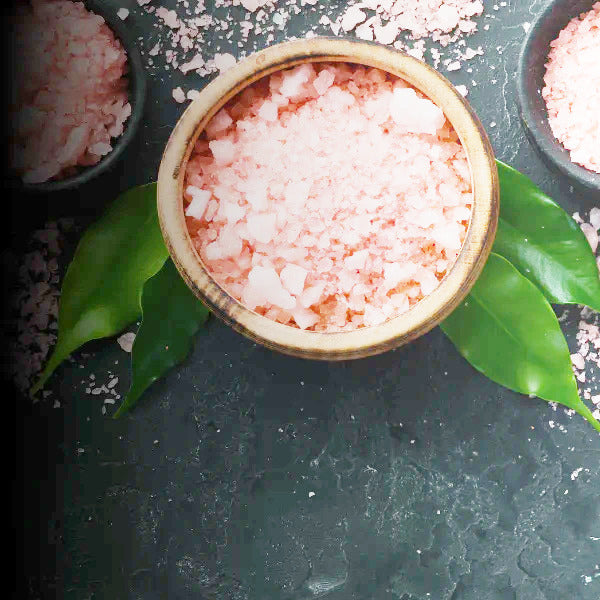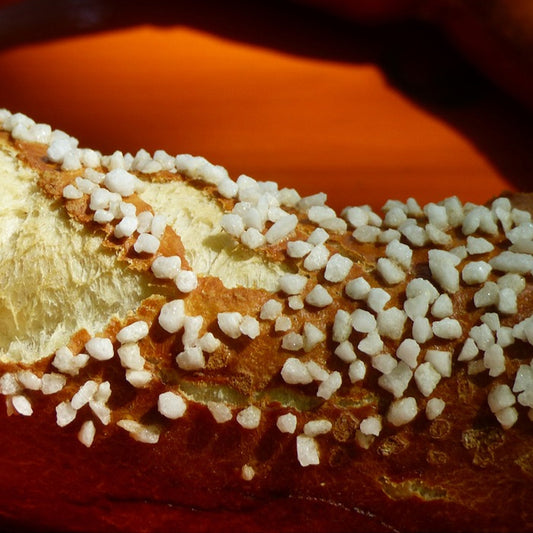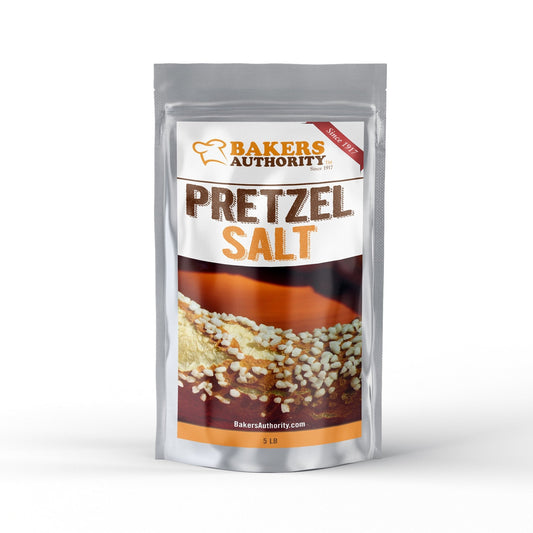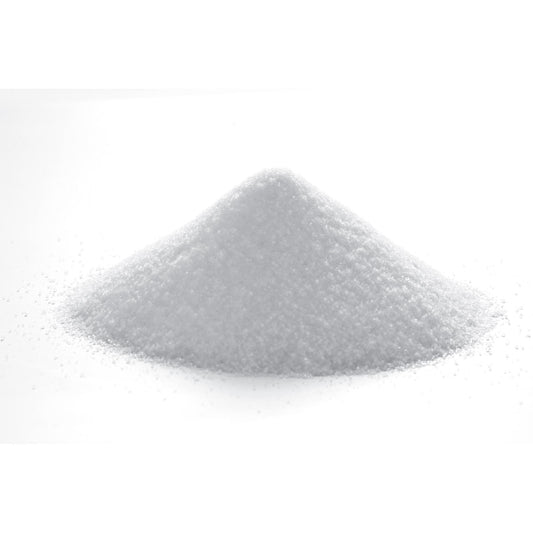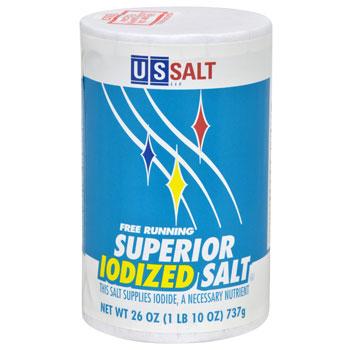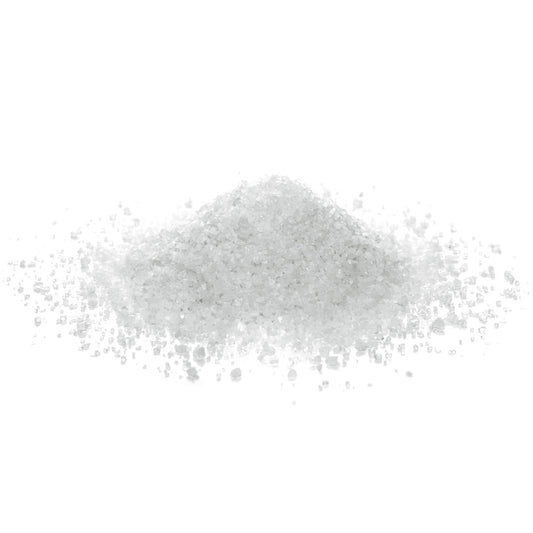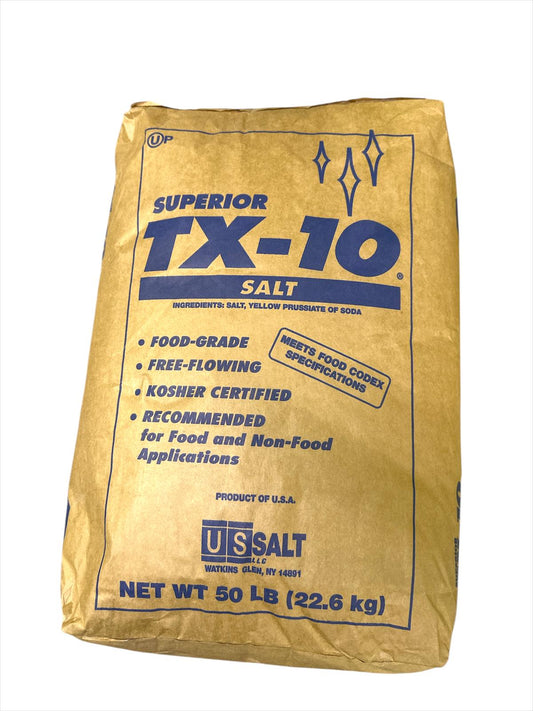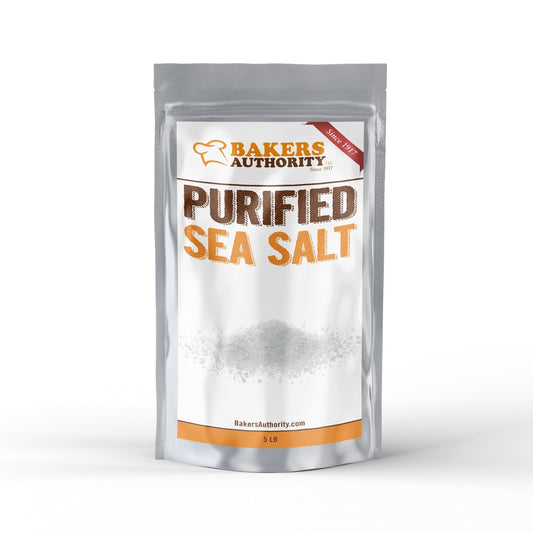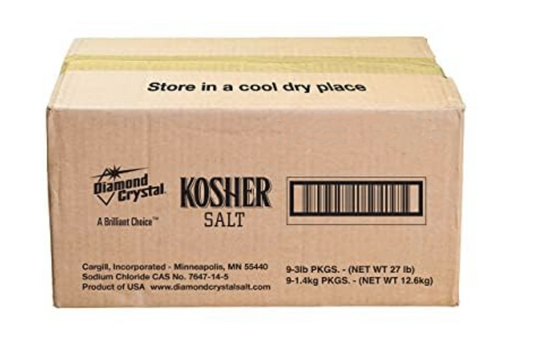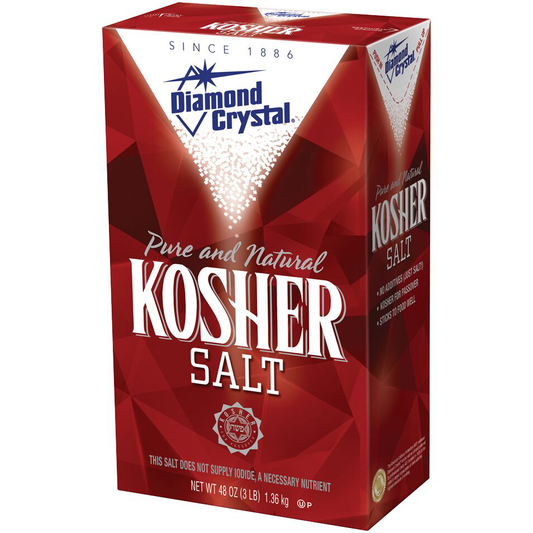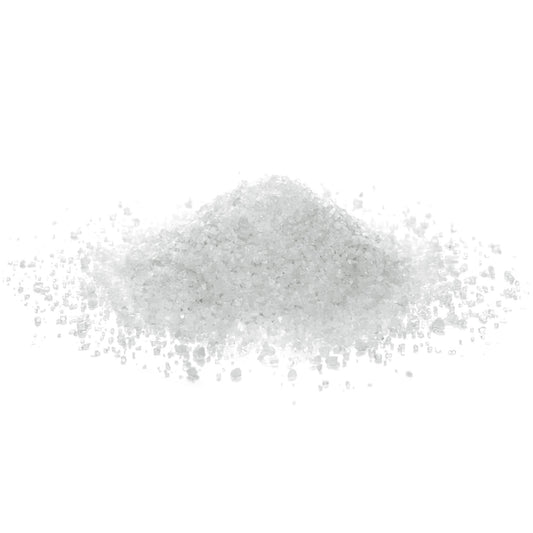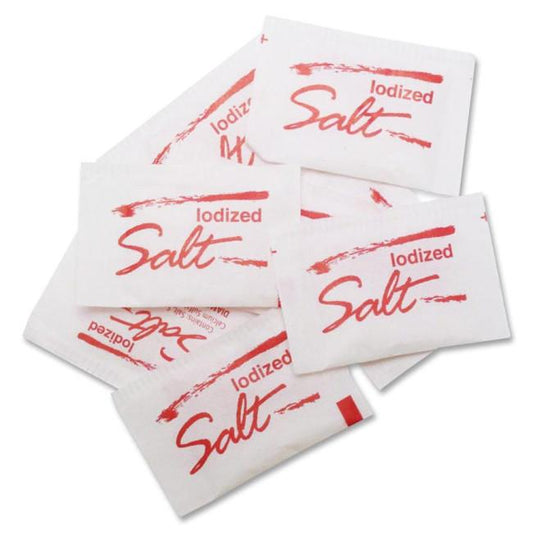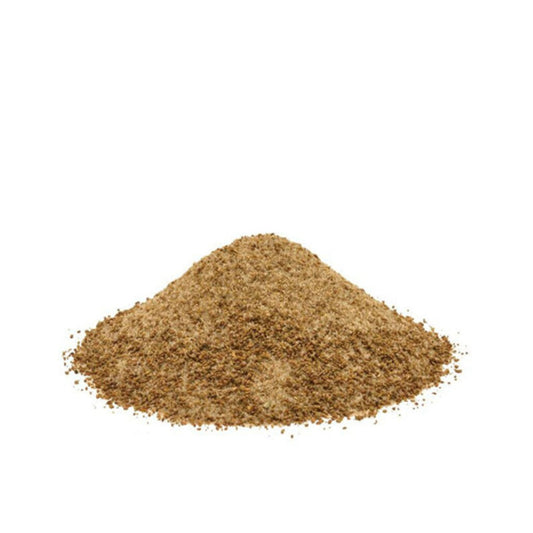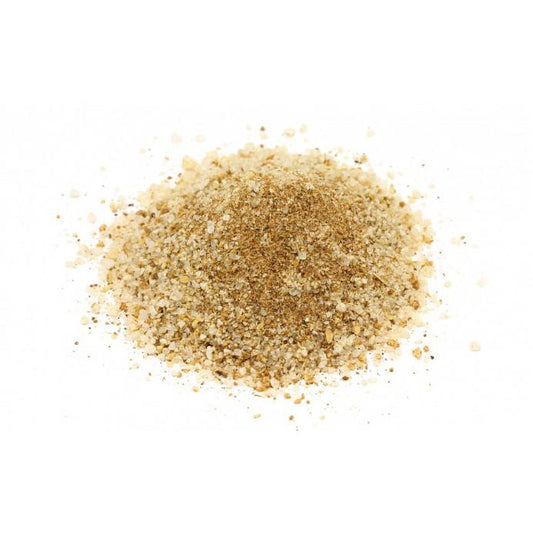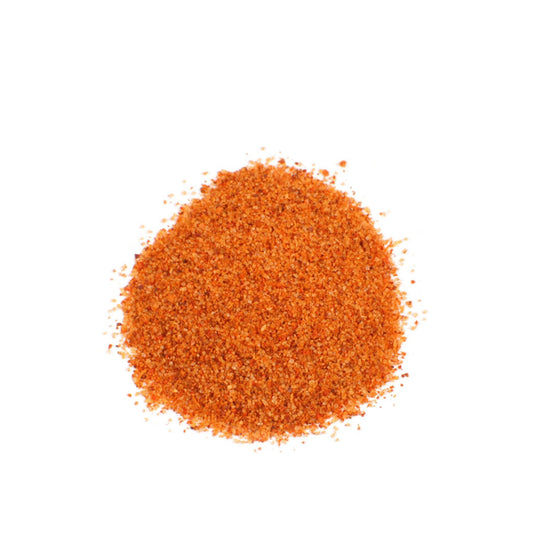-
Vendor:Cargill
Pretzel Salt
Regular price $6.80 / 50 lbRegular priceUnit price per/ 50 lbSale price $6.80 / 50 lb -
Vendor:US Salt
Iodized Salt
Regular price $2.98 / Case (24 - 26 oz)Regular priceUnit price per/ Case (24 - 26 oz)Sale price $2.98 / Case (24 - 26 oz) -
Vendor:Cargill
Purified Sea Salt - 50 lb
Regular price $49.90Regular priceUnit price per -
Vendor:US SALT LLC
Granulated Salt
Regular price $16.66Regular priceUnit price per -
Vendor:Bakers Authority
5 LB Purified Sea Salt
Regular price $8.01Regular priceUnit price per -
Vendor:Diamond
Kosher Salt - Diamond 9/3lb
Regular price $92.24Regular priceUnit price per -
Vendor:Bakers Authority
Salt Pc Packets
Regular price $9.71Regular priceUnit price per -
Vendor:Bakers Authority
Celery Salt
Regular price $31.75Regular priceUnit price per -
Vendor:Gel Spice
Seasoned Salt
Regular price $84.67 / 50 lbRegular priceUnit price per/ 50 lbSale price $84.67 / 50 lb -
Vendor:Bakers Authority
Seasoning Salt
Regular price $28.15Regular priceUnit price per
Frequently Asked Questions
-
What type of salt is best suited for commercial baking?
- For commercial baking, we typically recommend using fine sea salt or baker's special salt. These types dissolve quickly and distribute evenly throughout the dough, ensuring consistent flavor and texture in baked goods.
-
Why is salt important in baking?
- Salt plays a vital role in enhancing flavor, strengthening gluten structure, and controlling yeast fermentation. This ensures baked goods have the right texture, rise, and overall taste.
-
Can I substitute table salt for sea salt or vice versa?
- Yes, but be cautious about measurements. Table salt has smaller crystals than sea salt, which means you might need less of it by volume. Always adjust based on weight, and consider the impact on flavor, as the mineral content can differ.
-
How does salt impact yeast fermentation?
- Salt can control and slow down the rate of yeast fermentation. This helps to prevent the dough from rising too rapidly, which can affect the texture and structure of the finished product.
-
Is there a difference between iodized and non-iodized salt for baking?
- Iodized salt contains added iodine, which can sometimes impart a slightly metallic taste to baked goods. Most commercial bakers prefer non-iodized salt to ensure the purest flavor profile.
-
How should I store bulk baking salt?
- Store bulk baking salt in a cool, dry place away from direct sunlight. Using airtight containers can help prevent any moisture or contaminants from affecting the salt's quality.
-
Can salt influence the color of my baked goods?
- Yes, salt can strengthen dough structure and enhance Maillard browning, leading to a deeper, golden color in baked goods like breads and cookies.
-
Are there any salt alternatives or reductions for low-sodium baked products?
- While there are salt substitutes available, they may not always behave the same way as traditional salt in baking. For low-sodium products, it's often better to reduce salt incrementally and adjust other ingredients accordingly to maintain taste and texture. Always test before scaling for commercial production.

